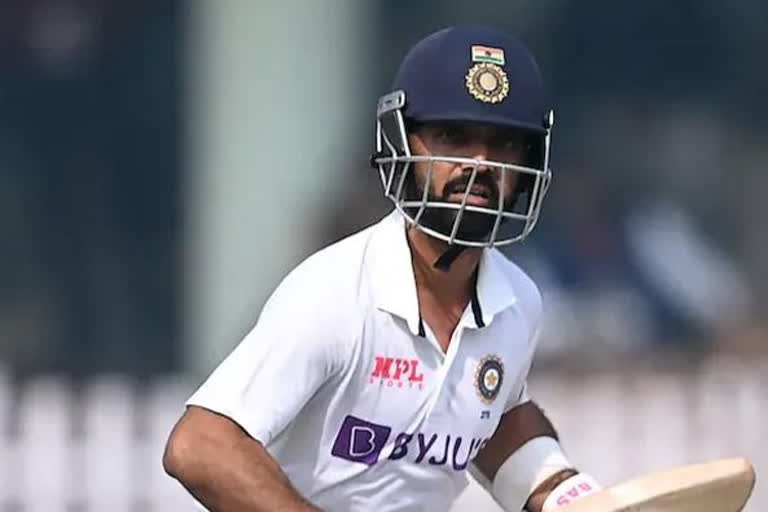New Delhi: He was a central figure in India's epic turnaround during the 2020-21 tour of Australia but stand-in captain of that series Ajinkya Rahane says "someone else took the credit" for decisions he made to resurrect the team after the nightmarish 36 all out in the Adelaide Test.
As regular captain Virat Kohli flew out of Australia, leaving in his wake the disappointment of the humiliating loss in the opener at Adelaide, Rahane took over the reins in the most difficult of circumstances.
What followed was one of the most incredible turnarounds seen in Test history as India rebounded to win the second match at the Melbourne Cricket Ground by eight wickets, with Rahane leading the fight-back with a magnificent hundred.
"I know what I've done there. I don't need to tell anyone. That's not my nature to go and take credit. Yes, there were some things that I took the decisions on the field or in the dressing room but someone else took the credit for it," Rahane said in an episode of 'Backstage With Boria'.
"(What was) important for me was that we won the series. That was a historical series and for me, that was really special."
Read: PREVIEW: India eye whitewash as Dhawan returns to add more firepower
Rahane did not take any names but his comments could well be a veiled attack on the then head coach Ravi Shastri, who was widely acclaimed for the team's performance and dominated the media space for being the architect of the turnaround given that the dressing room resembled a hospital ward at one point.
In fact, Shastri became the voice of the team after those brilliant victories.
Rahane earned plaudits from the cricket fraternity for the manner in which he led the heavily depleted team in one of the most difficult situations, not just at the MCG but through the remainder of the four-match series.
India missed three front-line players at MCG, and continued to lose key players through the series to injuries but still emerged triumphant at the end of it all.
"After that, the reactions from people or those who took credit or what was said on the media, 'I did this' or 'This was my decision', or 'This was my call', it was for them to talk about," Rahane said.
"From my end, I knew what decisions I took on the field and what decisions I took on my instincts.
